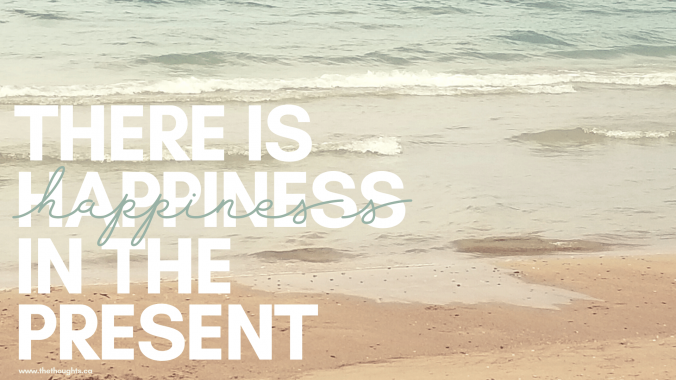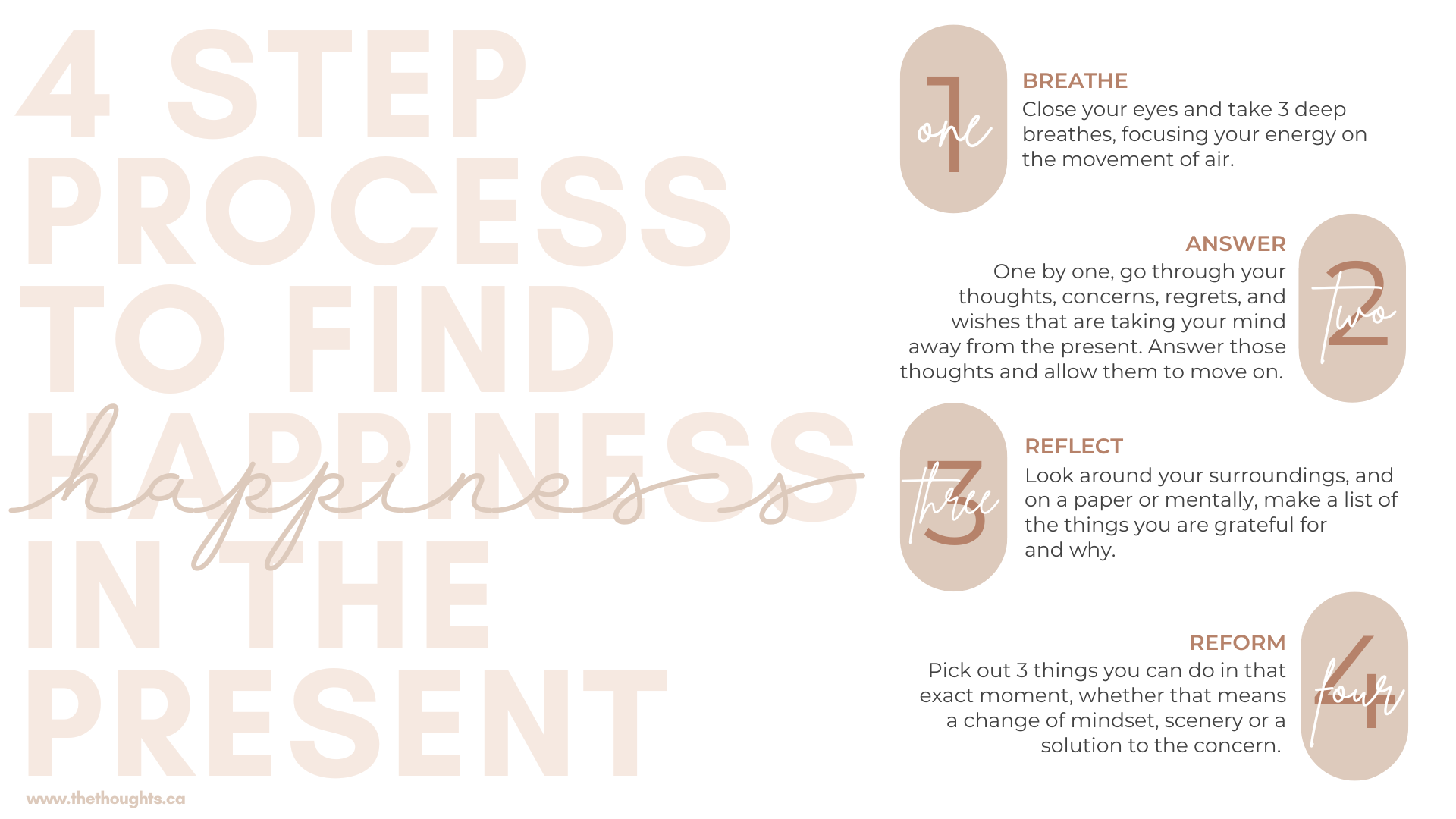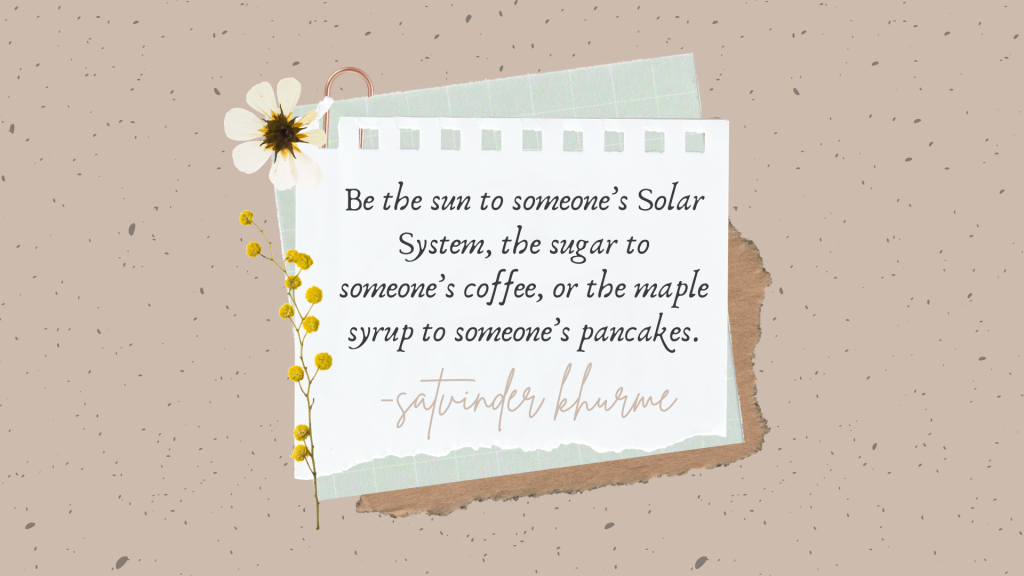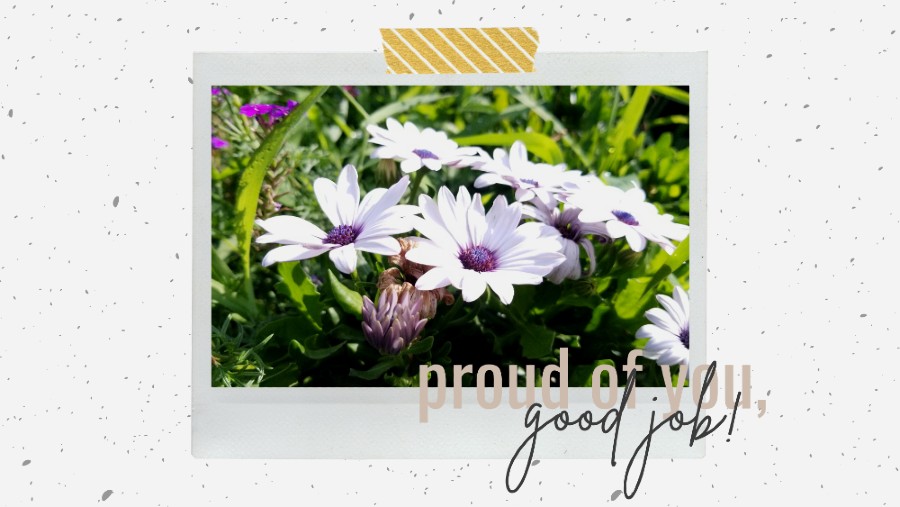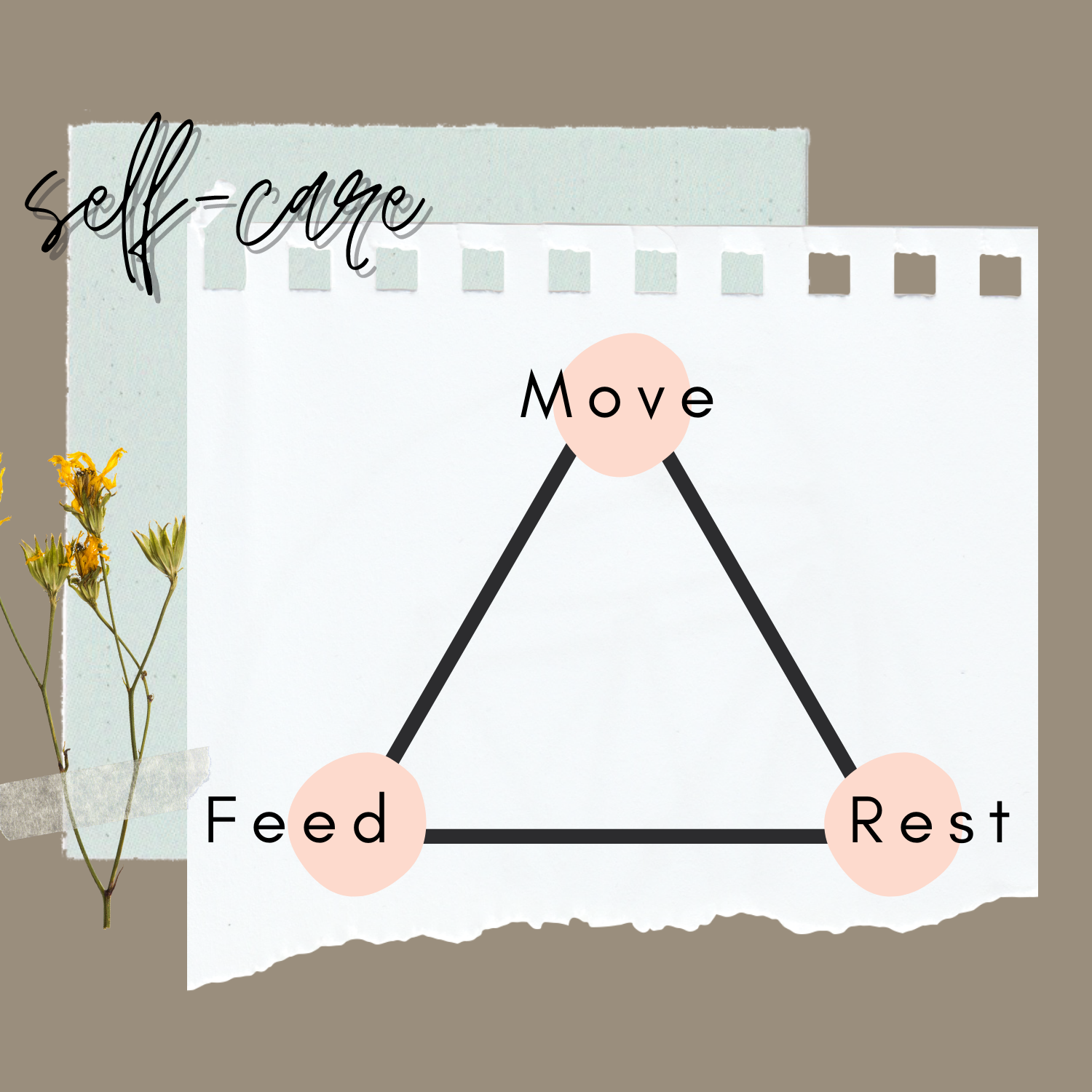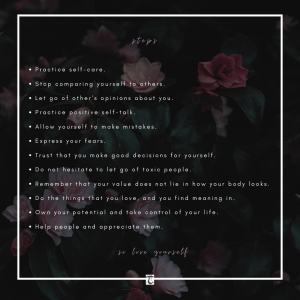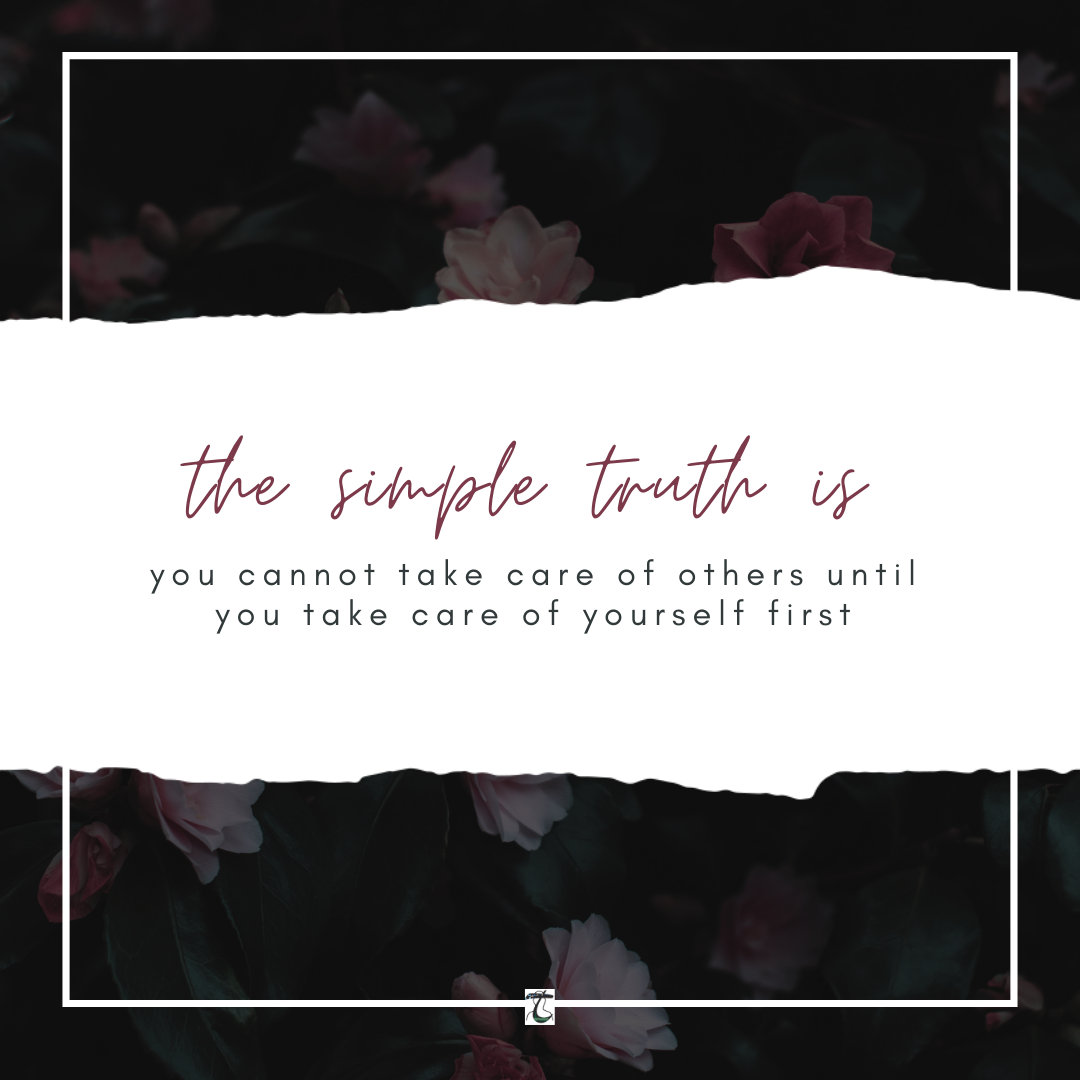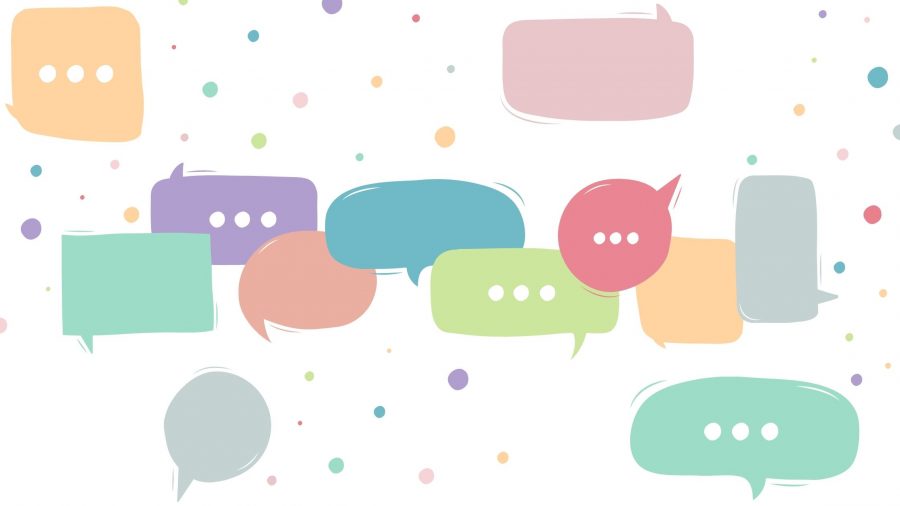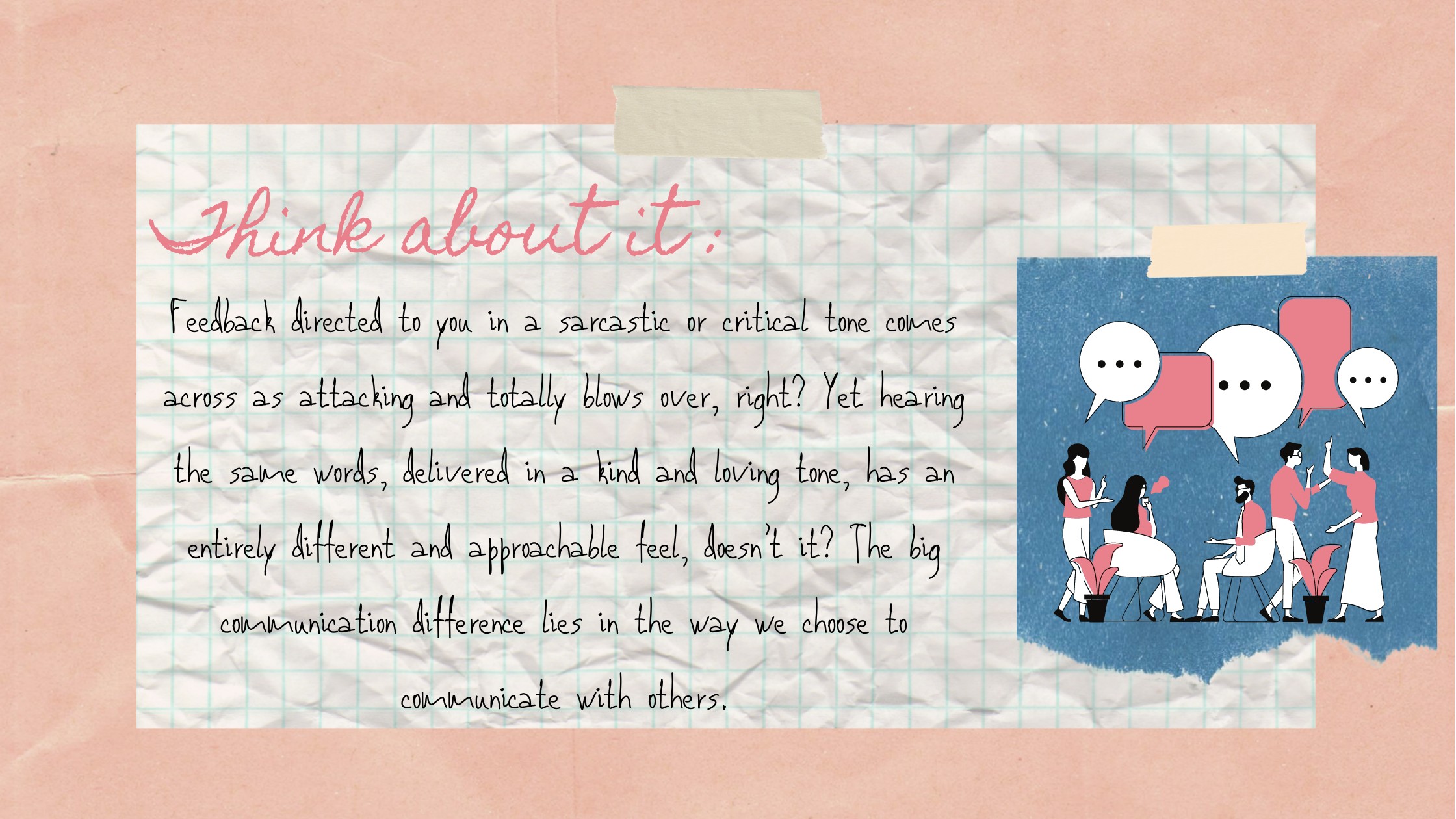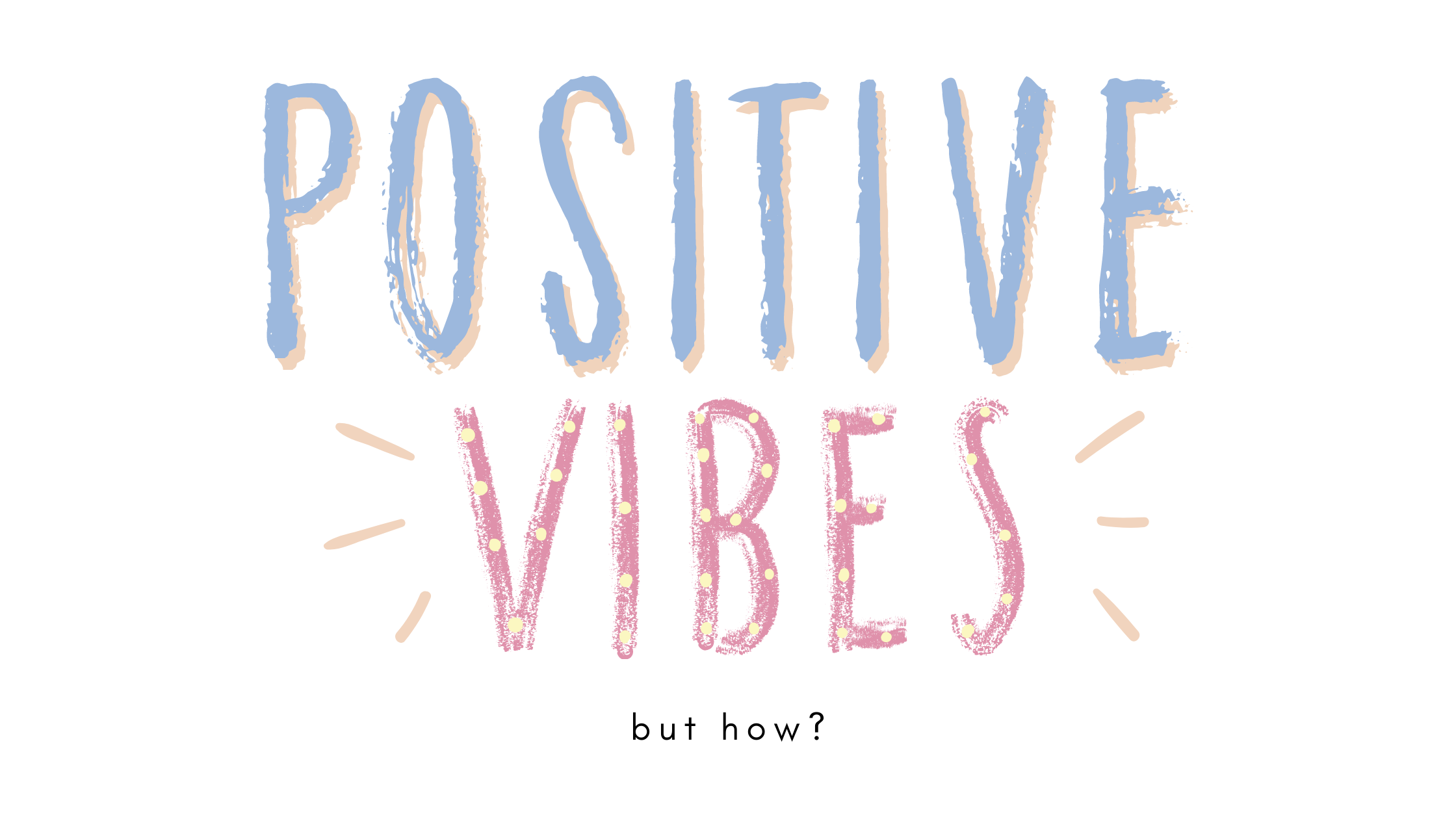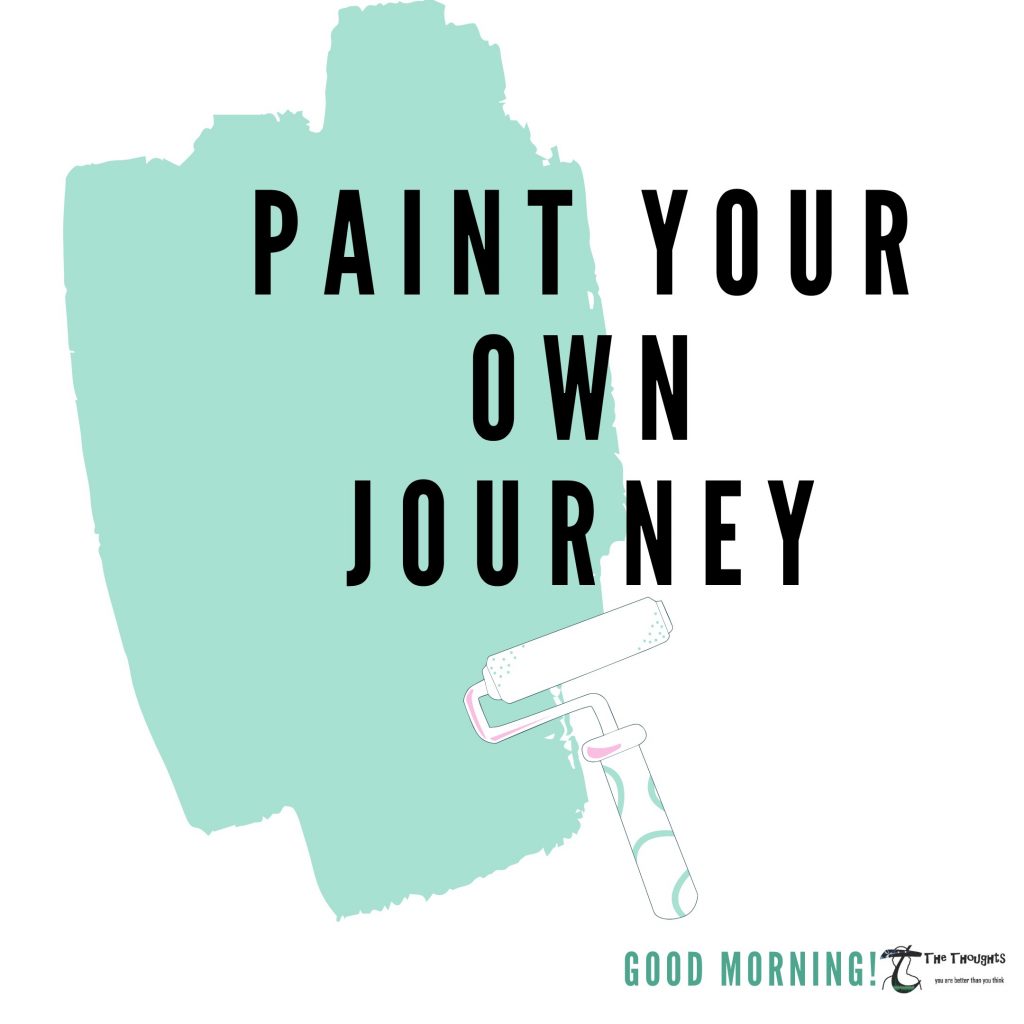A few weeks ago, I was on Facebook, and my whole feed was filled with my relatives and friends, along with celebrities going to the Maldives, to weddings, to parties, to Quebec and Alberta (I am in Ontario), and eating at cute restaurants. Their scenic and fun-filled photos made me quite sad, realizing that I was just at home.
But then I took a moment to take a few deep breaths. And realized where my mind was heading. I took a moment to go through my thoughts and answer their queries and worries. Reminding myself that it is my decision not to go on vacation to keep my family, myself, and others safe from COVID-19. Reminding myself that I could not afford a month-long vacation because I had clients to see and people to help. Then I looked around my house and reflected on things I was grateful for. Reminding myself that I had such a comfy couch with a television that I can relax on. Reminding myself that I had a bookshelf full of books, of which many had not been read in a while. Reminding myself that I had a fridge stocked up with yummy treats. Reminding myself that I had so many board games and puzzles to tackle. And reminding myself that at home I was surrounded by my awesome family, whom I love very much and enjoy spending time with. This mental gratitude list made me smile from cheek to cheek.
Yes, gratitude matters!
Then instead of thinking about what plans for vacation, I missed before Covid-19, or what plans I could make for after Covid-19, I worked on what I could do now. For example, I was missing the nature and exploration aspect of traveling, so my family and I began going on morning walks. Doing this helped me appreciate the moment I was living in and find satisfaction in it, resulting in me feeling internally happy.
And that is one of the main reasons why living in the present is so important. It leaves no room for you to remorse the past or continuously plans what you must do or want to do in the future. Allowing you to be content as you experience life as it comes your way and enjoy those moments for what they are.
Other reasons why living in the present moment can help you achieve happiness, peace, and joy, which are all key for better mental wellbeing.
- As you actively make yourself more aware of the experiences and moments you are in, you will be more appreciative and grateful for the beautiful, people and resources around you. This satisfaction and appreciation lead to more happiness.
- As you spend more time living in the present, and less on dwelling on the past, your regrets will begin to fade away and you will be able to forgive and let go of grudges.
- These fewer negative thoughts and fewer worries about the past or future will allow you to feel calmer and more peaceful. Helping you lower your stress levels and anxiety.
- As you are not constantly distracted by the past or future all the time, you will have more energy to work on the important things in the present, with that comes more focus as well.
- This happiness, focus, and appreciation in the now will translate to having healthier relationships, a productive and fulfilling work-life, and physical health benefits. Have a read at this article by Business Insider for 15 more powerful benefits of living in the present.
Perhaps you noticed that in my story, there was a system I followed to bring my mind back to the present. That was: Take 3 deep breaths, answer my thoughts, make a gratitude list, and focus on the solution to my concerns.
